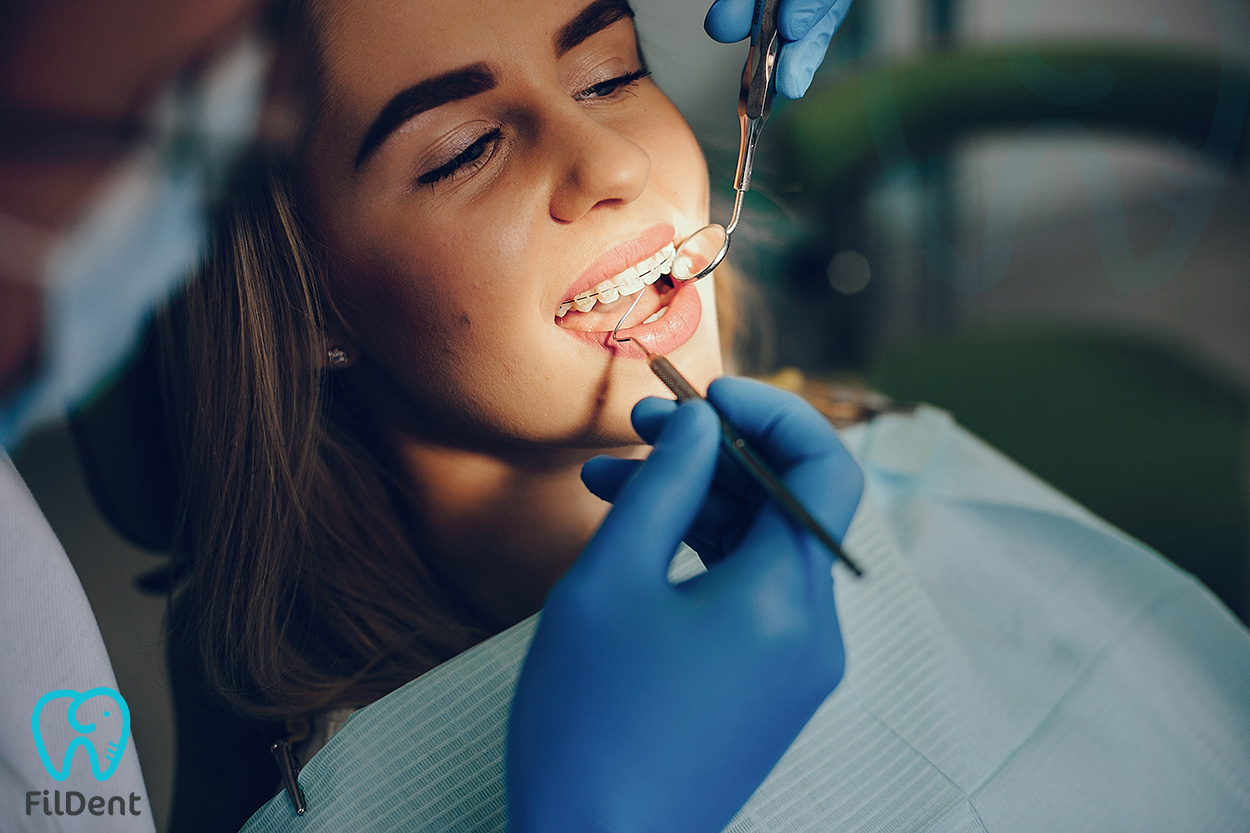

Cysts of the Jaws
Jaw cyst, also known as mucous or oral cyst, is a mushy fluid that accumulates in the mouth, in the mouth or in the cavities formed in the bone. This fluid covers the surrounding bone or soft tissue and causes numbness in the lower lip.
The jaw cyst grows quietly, and the patient does not notice it. Special investigations are required. Even when you go to your dentist, there is a possibility that it will not come out. Only chin cysts that complete their full development cause palpable swelling in the lower lip area, so patients become aware of the jaw cyst. Jaw cysts develop on nerve cells, so numbness occurs. Although jaw cysts are generally seen in the lower lip area, they can also occur on or under the tongue, in the areas close to the palate and palate, in the tissues of the inside of the cheeks, the floor of the mouth, and the tissues called piercing on the tongue and lips. Jaw cysts take different names according to the tissue they are found in; The cysts seen in the mouth floor are called ranula cyst, and the cysts seen on the gum are called epulis cyst. The mucous sac has a blue-like color and consists of clear translucent fluid. Dentists can only detect cysts in this soft tissue.
So Why and How Does Jaw Cyst Occur?
The cause differs slightly compared to other oral diseases. The reason for the formation of these fluid-filled sacs on the lips, cheeks and gums is sucking. Willingly or not, these issues are in a constant state of motion in our mouth. When the absorption action enters this mobility, the soft tissues’ fluids disappear over time and the formation of cysts in these spaces. Like the loss of soft tissue with absorption, cysts can also disappear without being absorbed during the formation phase. By sucking your cheeks and lips, you can prevent cyst formation. Otherwise, you can prepare the ground for cyst formation.
Jaw Cyst Treatment
Jaw Cyst treatment, that is, the mucous cyst does not need to be treated in general; there are situations when it is necessary. When it is not needed, it will be possible to pass by itself thanks to the patient’s mobility in the mouth. However, it is necessary not to rely on mobility in the mouth, so care should be taken in oral and dental health. As with many treatments, a dental cleaning is of great importance in the treatment of jaw cysts. Brushing teeth eliminates many problems early. When your jaw cyst reaches a level that will decrease your quality of life, the cyst should be removed with a surgical operation if you feel discomfort due to difficulty in eating and swelling. Generally, if the cysts pass in a week or so, dentists provide the removal of the fluid that forms the cyst. In this way, the cyst is removed. This process generally takes place with a sterile needle after opening the cyst.
What is Jaw Cyst Surgery?
Although jaw cysts are always harmless, they reduce the patient’s quality of life. For cysts that do not pass a week, your dentist applies the jaw cyst treatment, and the cyst disappears, but in rare cases, the cyst may reappear in the same place. The negative return of such situations to you is a long-term cyst adventure. If you do not receive treatment, the cyst will remain in your mouth for a long time. Your dentist may apply for a more extensive surgical procedure to avoid infection and similar problems in such cases. During this treatment, the patient is taken under local anesthesia, and the cyst is removed from the mouth. As with any surgical operation, it has various risks. Although these risks are encountered in very few people, they are likely to be seen. For this reason, try to be fully aware of the risks before your treatment.
